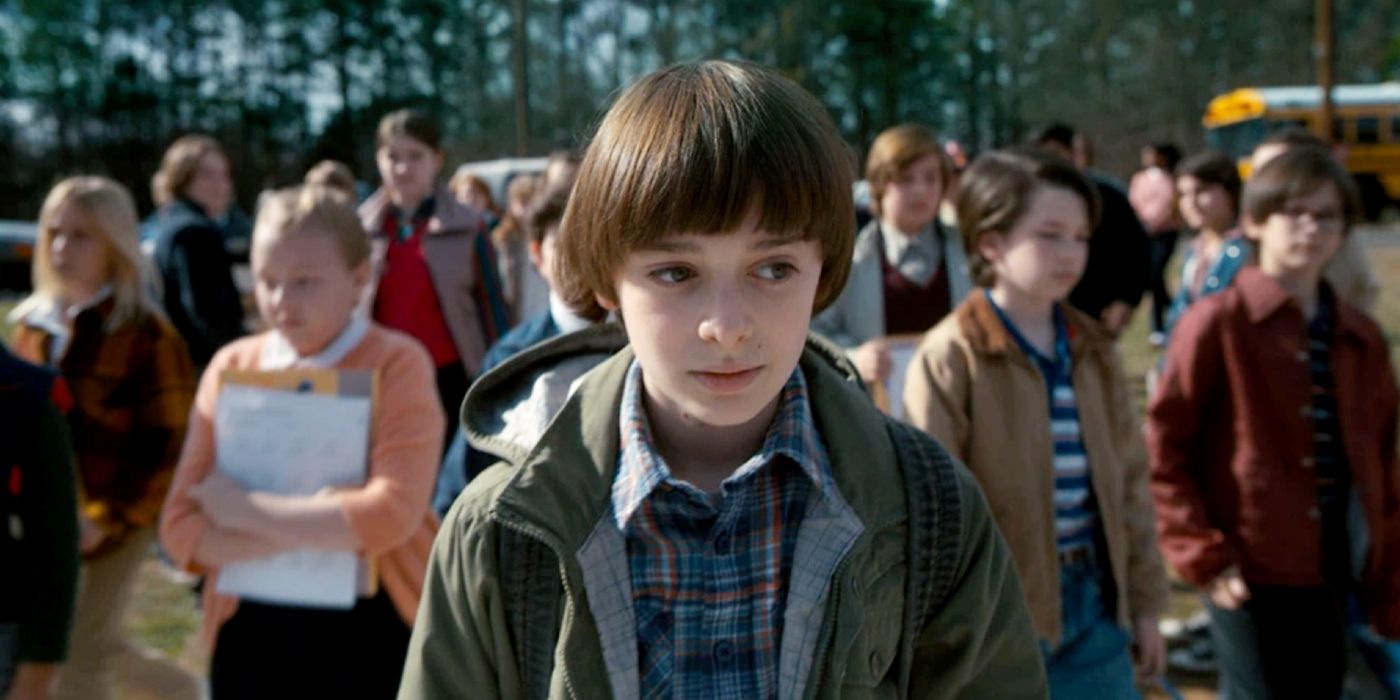
Netflix's Shocking Policy Reversal: Unveiling the Game-Changing Move That Will Transform Streaming Forever

Netflix's strategic shift: Reimagining the streaming experience by updating binge-watching norms and enhancing account security How will these changes impact its long-term success?
Netflix, once hailed as the pioneer of streaming platforms, has recently faced setbacks that have diminished its status. Established in 1997, the company initially thrived by mailing DVDs directly to its subscribers. In fact, it is often cited as the force that led to Blockbuster's demise, a cautionary tale about the perils of failing to adapt to changing times. However, Netflix soon transitioned into delivering original content and movies through its online streaming site.
The highly acclaimed series Stranger Things, which premiered in 2016, became a massive hit, captivating audiences worldwide. Nevertheless, there are concerns that the impending conclusion of the show after its fifth season may jeopardize Netflix's continued popularity. Additionally, the imminent ending of another beloved Netflix series, You, has the potential to significantly impact the streaming service. Nonetheless, it is the recent strategic decisions made by the platform that cast doubts on its future as the reigning leader in the streaming industry.
Netflix Is Walking Back Its Binge Model & Password Sharing Leniency
Besides concerns over Netflix's ability to maintain its high-quality programming, there are two recent business decisions that pose a threat to the platform's ongoing success in a competitive market. The first is Netflix's departure from its famous binge-watching approach to releasing shows, and the second is its recent crackdown on password sharing.
The phrase "binge-watching" gained popularity thanks to Netflix's success, as watching an entire TV season at once became the norm for many viewers. In 2013, House of Cards marked the first show produced by a studio exclusively for Netflix. When the series premiered in February 2013, Netflix made all 13 episodes of the season available at once, pioneering the binge-watching model that attracted numerous subscribers to the streaming platform. Despite the subsequent rise of other streaming services such as Hulu, Paramount Plus, Max, and Disney Plus, Netflix's binge releases have always set it apart in the industry.
Netflix has recently adopted a new approach for releasing TV seasons, deviating from its tradition of releasing entire seasons at once. This was evident with the release of Stranger Things season 4, where the first half was made available on May 27th and the remaining episodes were released on July 1st. While this new strategy has its advantages, such as allowing viewers to savor the series and building anticipation for the second part of the season, it contradicts what initially made Netflix a success.
Netflix's contradictory stance can also be seen in its new rules against password sharing. Historically, it was common for families and friends to share passwords, granting access to a single account across different locations. However, in an apparent attempt to attract more subscribers, Netflix decided to crack down on password sharing. Although sharing passwords had always violated the company's terms of service, Netflix had previously promoted it on social media as a way to connect with its audience. This contradiction has not gone unnoticed by fans, who have recently called out the company for its hypocrisy by referring back to a 2017 tweet from the official Netflix account that proclaimed "Love is sharing a password."
Why Netflix Is Splitting TV Show Seasons & Cracking Down On Password Sharing After 15 Years
Netflix, once the dominant streaming site, has experienced a decline in recent years and is now implementing new strategies to restore its former popularity. The company's controversial decisions to cancel well-liked shows such as The OA, 1899, Euphoria, Abbott Elementary, and The Summer I Turned Pretty have resulted in the success of alternative platforms like Max, Hulu, and Amazon Prime. Netflix has faced criticism for prematurely canceling LGBTQ+ inclusive shows like GLOW and I Am Not Okay With This.
In an effort to keep pace with competitors, Netflix is modifying its release model and taking measures to address password sharing. Releasing seasons in two parts, as seen in Stranger Things season 4, allows for a longer period of relevance compared to the binge-and-move-on nature of releasing an entire season at once. Implementing restrictions on password sharing has proven to be a quick method for increasing subscriber numbers. By cracking down on shared accounts and encouraging individuals to create their own accounts, Netflix aims to attract more subscribers amidst a growing migration to other streaming platforms.
Will Netflix's Drastic Streaming Changes Still Work Long-Term?
Netflix's plan is proving successful as daily sign-ups surged to 73,000 following the implementation of password sharing rules. Nonetheless, the decision has resulted in significant backlash. If Netflix fails to offer high-quality films and television, new subscribers may not remain loyal. They might instead choose to migrate to alternate streaming platforms that offer innovative ideas and appear to value their subscribers more. At present, other platforms have not introduced any password-sharing regulations, making it more probable for users to continue using them and abandon Netflix if necessary.
















